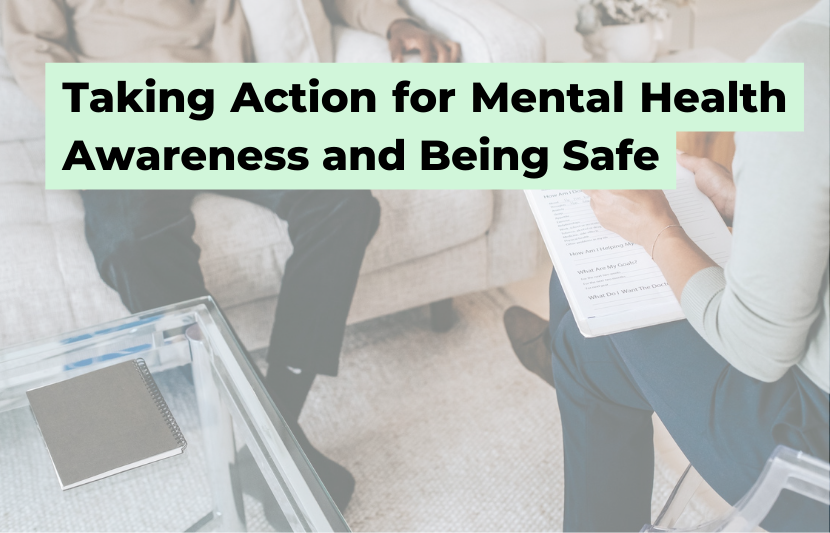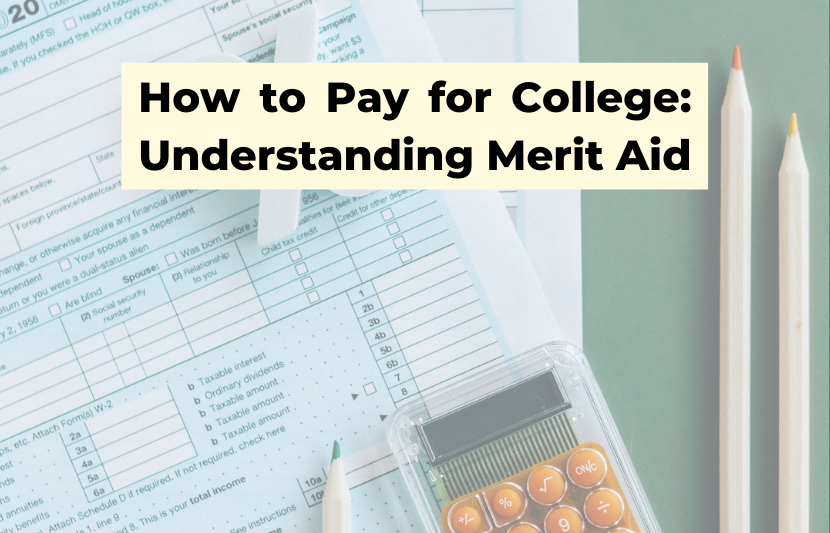In this episode of TUN TV, Dr. Crystal Rose interviews Christen Arafeh, founder of Hive College Buzz, about the top three secrets to tackling the most popular college essay prompts.
Dr. Rose: Welcome to The University Network TV, where we scan the globe to give students, their families, and educators the very best tips for student success. I’m your host today, Dr. Crystal Rose, and on today’s show, we’re exploring the top three secrets you should know about the college essay and personal statement. We’ll cover what’s really behind the most popular college admissions essay prompts.
Here today to lift the lid on these secrets is Christen Arafeh from our series “Sweet College Success With Hive College Buzz.” We have founder Christen Arafeh, and you’ve read about her on Fox 28, Digital Journal News, NBC and Daily Herald, and you’ll hear from her today on TUN TV.
Welcome, Christen.
Arafeh: Thank you.
Dr. Rose: Okay. Secret number one, “Tell us about yourself. To share or not to share?” How does a student decide what part of themselves to share or not to share in their college admissions essay?
Arafeh: I think it’s important to note that much of your college application is quantitative. Your GPA, your ACT and SAT score, the number of hours of community service, and the number of honors or AP classes you have.
Whereas, the essay is a little more qualitative. So, you get to let the reader in on who you really are, what you like, where you’re from and what’s important to you. And remember, it’s only 650 words, so be sure to use them wisely.
Dr. Rose: Secret number two, “Overcoming.” Tell us about those essays when students are asked to write about something they’ve overcome.
Arafeh: Yeah. The essay about overcoming adversity is really a popular one and for a good reason, of course. Remember the essay is about you.
For example, if your essay is about the difficulties you overcame in life – maybe, your dad was diagnosed with cancer – don’t make the essay about your dad and his cancer. Instead, I mean your dad is not the one vying for a spot in college. You are.
So, focus on your part of the journey – your difficulties, your great realizations and how you overcame that difficult time. Remember, everyone has a sad story that they can share. Is your sad story necessarily the best story that you have to tell and will it keep the reader reading?
Dr. Rose: Secret number three, “Tell us about that thought challenge about a time when a student changed your thinking.” What about those types of essay prompts?
Arafeh: Yeah. So, I think that particular prompt reflects on a time when you questioned or challenged a belief or idea and what prompted your thinking, and what was the outcome.
I believe this is a favorite in the world of admissions because it’s all about critical thinking. What did you think at first, who were you, and what changed about you throughout the process? It shows that you’re open-minded and, essentially, it lets your reader get into your head.
Dr. Rose: Good points, Christen. You know the essays do seem to be the tricky part of the college admissions process with over a third of the respondents in a recent Princeton Review survey of over 14,000 families. They thought so, too. Thank you for making this process easier.
Arafeh: Yeah. I think you have to go into the essay with an open mind. And you have to just put your best self forward. Put your best self on paper. And if you are confident in your writing and excited about the prompt, it definitely shows through in your essay at the end.
Dr. Rose: Thank you very much, Christen.
Arafeh: Happy to be here. Thank you.
Dr. Rose: And thank you very much for joining us today. I’m your host, Dr. Crystal Rose. Until next time on TUN TV.
This interview has been edited for clarity.
For more exclusive interviews with experts who share their insight to help students succeed, check TUN TV!












